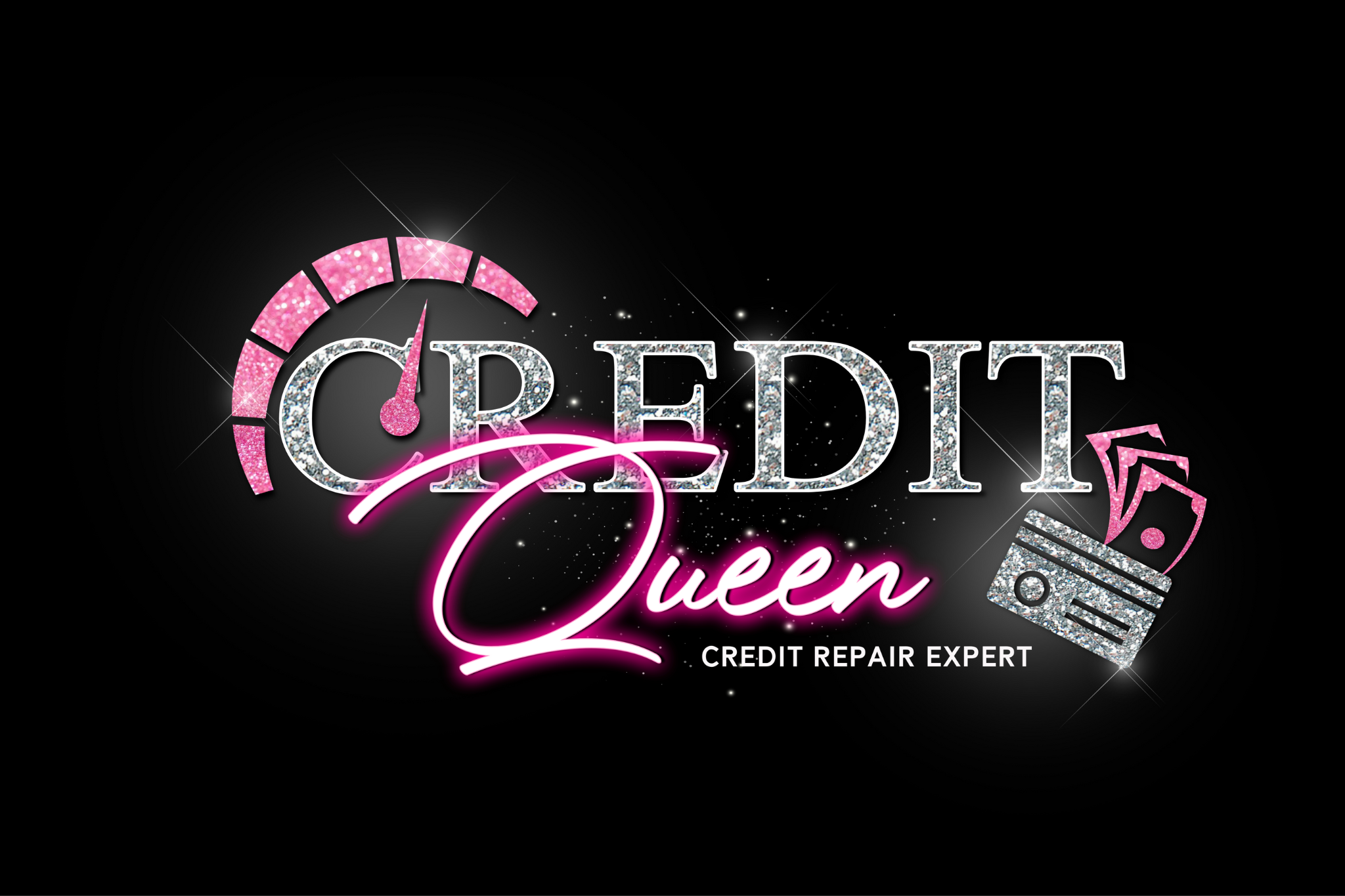Hey there, credit score enthusiasts! Buckle up because today, we’re diving deep into the heart-pounding world of rate shopping and its impact on your precious credit score. Whether you’re a credit connoisseur or a financial newbie, this rollercoaster ride will be wild!
Understanding Rate Shopping
So, what exactly is rate shopping?
Imagine you’re hunting for a new car, home or a shiny new credit card. You want the best deal in town, right? Well, rate shopping is the art of comparing interest rates and terms from different lenders before making a financial commitment.
Let’s say you’re shopping for a mortgage. You apply with multiple lenders for the most favorable interest rate and terms.
Here’s the kicker: Each time you apply, it triggers what’s known as a “hard inquiry” on your credit report. That’s where the fun begins!
The Mystery of Credit Scores Unveiled
Before we go any further, let’s demystify the credit score a bit. Your credit score is like your financial resume; it tells lenders how trustworthy you are with their money. The higher your score, the more financially responsible you appear, and the better loan terms you can snag.
Here’s a quick breakdown of the FICO credit score ranges:
- 300-579: Poor
- 580-669: Fair
- 670-739: Good
- 740-799: Very Good
- 800-850: Exceptional
Now, why is this relevant to your rate shopping?
Well, a good credit score can help you secure lower interest rates on loans, which means more money in your pocket for your golden years. Conversely, a lower credit score can lead to higher interest rates, potentially costing you thousands over the life of your loans. Ouch!
The Impact of Hard Inquiries
Hard inquiries are like blemishes on your credit report – they’re not exactly party favors for your credit score. Each hard inquiry can dock a few points off your score, and that’s where the anxiety creeps in. But fear not because there’s a silver lining!
The Myth of Multiple Credit Inquiries
One common misconception is that rate shopping will tank your credit score. Well, hold your horses because that’s not entirely true. When you apply for credit, the lender typically pulls your credit report, resulting in a hard inquiry. Multiple hard inquiries within a short period can raise eyebrows, but not all inquiries are created equal.
The Impact on Your Credit Score
Now, let’s address the elephant in the room.
Will rate shopping affect your credit score?
Well, it can have a temporary impact, but it’s usually minimal. A single hard inquiry might cause your score to drop a few points, but it’s like a mosquito bite in the grand scheme of things.
However, the impact might be more noticeable if you’re a serial rate shopper with multiple hard inquiries. But fret not, my friend, because the effect diminishes over time, and your credit score will bounce back.
The 45-Day Rate Shopping Window
Ladies and gentlemen, introducing the 45-day rate shopping window! Credit score wizards (and by that, I mean FICO) understand that you’re just trying to find the best deal. So, they’ve given you a grace period.
When you rate shop for the same type of loan – let’s stick with a mortgage example – within 45 days, FICO treats those multiple inquiries as a single inquiry. Think of it as your golden ticket to credit score redemption!
Example Time!
Let’s put this into action with a little scenario:
Scenario: Sarah is on a mission to buy her first home. She’s been diligently saving; now it’s time to find the perfect mortgage. She’s a rate-shopping pro and applies with five different lenders over a two-week period.
Outcome: Thanks to the 45-day rate shopping window, Sarah’s multiple inquiries are counted as one when calculating her credit score impact. So, instead of five separate hard inquiries dragging her score down, it’s just one – much easier to bounce back from!
Strategies for Smart Rate Shopping
Now that you understand the 45-day window let’s explore some strategies to make your rate shopping journey as smooth as butter:
- Do Your Homework: Research lenders and their offerings online before submitting applications. Make a list of your top choices so you’re not blindly applying everywhere.
- Time It Right: Plan your rate shopping within the 45-day window. This ensures your inquiries get bundled together for scoring purposes.
- Prioritize Your Needs: Apply for the same type of loan with different lenders. This way, you’re truly comparing apples to apples.
- Be Selective: Only apply for credit when you’re serious about pursuing it. Avoid unnecessary applications that could result in unnecessary hard inquiries.
- Monitor your credit: Keep an eye on your credit report and score to ensure accuracy and catch any potential errors or fraudulent activity.
- Negotiate: Feel free to negotiate with lenders. You might get a better deal than initially offered, saving you money in the long run.
- Credit Check Pre-Approval: Consider getting a pre-approval involving a soft inquiry that doesn’t affect your credit score. It gives you an idea of what you qualify for without the commitment.
- Consider Credit Unions: Credit unions often offer competitive rates and terms, and they may be more willing to work with borrowers with less-than-stellar credit.
- Be Wary of Retail Credit Cards: While that 10% discount on your purchase might sound enticing, be cautious about opening multiple retail credit cards in a short period. They can have a more significant impact on your credit score.
- Use Online Rate Comparison Tools: Websites like Bankrate, Credit Karma, and NerdWallet can help you easily compare rates from multiple lenders.
The Bright Side of Rate Shopping
Rate shopping isn’t just about minimizing credit score impact; it’s also about saving money! By shopping around, you’re more likely to find the best interest rate and loan terms, saving thousands of dollars over the life of your loan.
Credit Score Resilience
Now, let’s talk about credit score resilience. Your credit score isn’t a fragile house of cards. It can bounce back with a little TLC. Here’s how:
- Payment History: Pay your bills on time religiously. This is the most significant factor in your credit score.
- Credit Utilization: Keep your credit card balances low relative to your credit limits. Aim for below 30% utilization.
- Length of Credit History: The longer your credit history, the better. So, don’t close those old credit cards; they’re like vintage collectibles!
- Types of Credit: Diversify your credit mix. Having a variety of credit accounts, like credit cards, loans, and mortgages, can boost your score.
Monitoring Your Credit Score
Being a responsible credit holder involves regular check-ins on your credit score. Plenty of free tools and apps are available to help you stay on top of your financial game.
Key Takeaway
While rate shopping might cause a temporary dip in your credit score, the long-term benefits of securing the best loan terms far outweigh that minor setback. Plus, the more you know and the smarter you shop, the smaller that dip will be.
Conclusion: Your Credit Score Adventure
In the wild world of personal finance, rate shopping is like a thrilling rollercoaster. It can be exhilarating, a little scary, but ultimately rewarding.
Armed with knowledge and innovative strategies, you can ride the rate shopping rollercoaster without derailing your credit score.
So, the next time you’re in pursuit of a fantastic loan or credit card deal, remember the 45-day rule, strategize like a pro, and watch your credit score flourish.
Rate shopping doesn’t have to be a scary or detrimental experience for your credit score. You can confidently navigate the rate-shopping process by understanding the myths, leveraging the grace period, and implementing innovative strategies. So, find the best rates and terms for your financial needs, knowing that your credit score will remain intact.
Cheers to being credit-savvy!
Call to Action: Take Control of Your Financial Destiny!
Now that you’re armed with the knowledge of how rate shopping affects your credit score, it’s time to take action. Start planning your rate shopping journey, and remember, it’s not just about the thrill of the hunt but also about saving big bucks in the long run. Get out there and confidently navigate the rate shopping process. Find the best rates and terms for your financial needs, knowing your credit score will remain intact. Be an intelligent credit score adventurer, and conquer your financial dreams!
And if you found this article helpful, don’t forget to share it with your friends. Let’s spread the wisdom and help everyone master the art of rate shopping!
Cheers to being credit-savvy!
Yup, you guessed it. Sometimes I throw in those magical affiliate links that can whisk you away to credit utopia. But wait, there’s more! Each time you click on one of these bad boys and decide to snag a deal, a tiny trumpet-playing squirrel delivers a small bag of gold coins to our castle. In other words, I might earn a little something-something. Just know that I would never use a link that I don’t personally use myself and/or highly recommend.
About the Author
Meet Ashley Effinger, the Credit Queen and FreedomPath Advisor! Digital marketing royalty, I’m all about conversions and changing lives! By day, I improve credit scores, learn budgeting tricks, and build lasting wealth with my guidance. By night, I’m a rockstar wife and a supermom of 5 amazing kiddos! When not slaying credit myths, I indulge in my passions: reading, jet-setting, and sipping smoothies! Follow me for credit tips and a dose of laughter!














